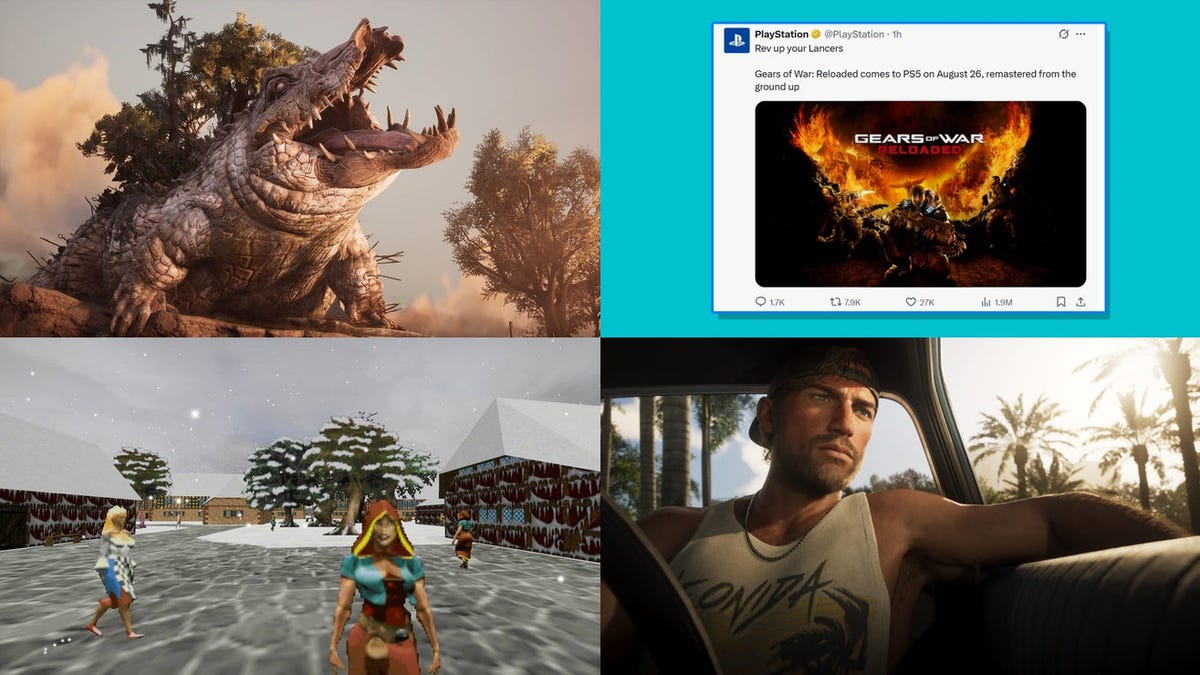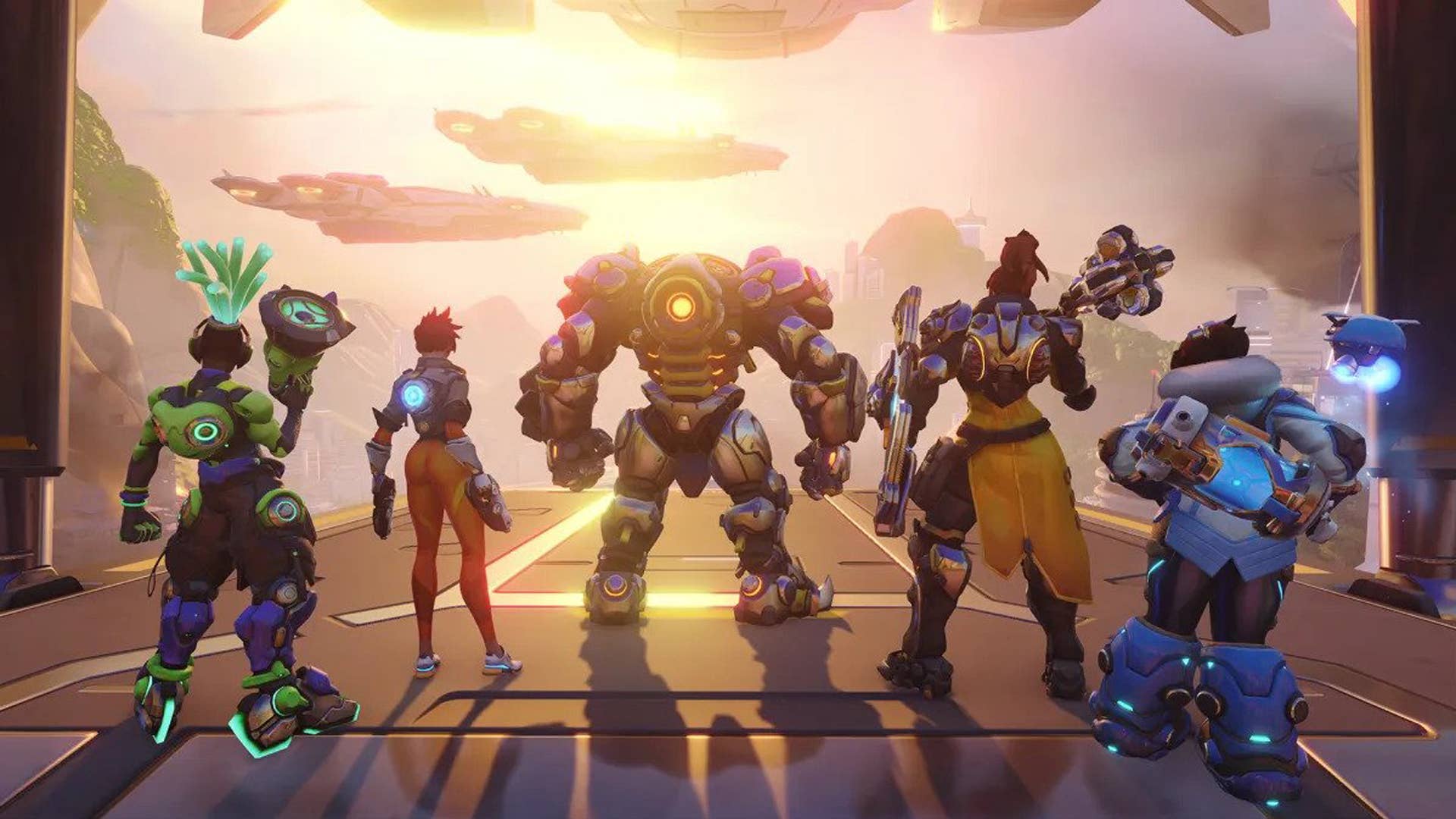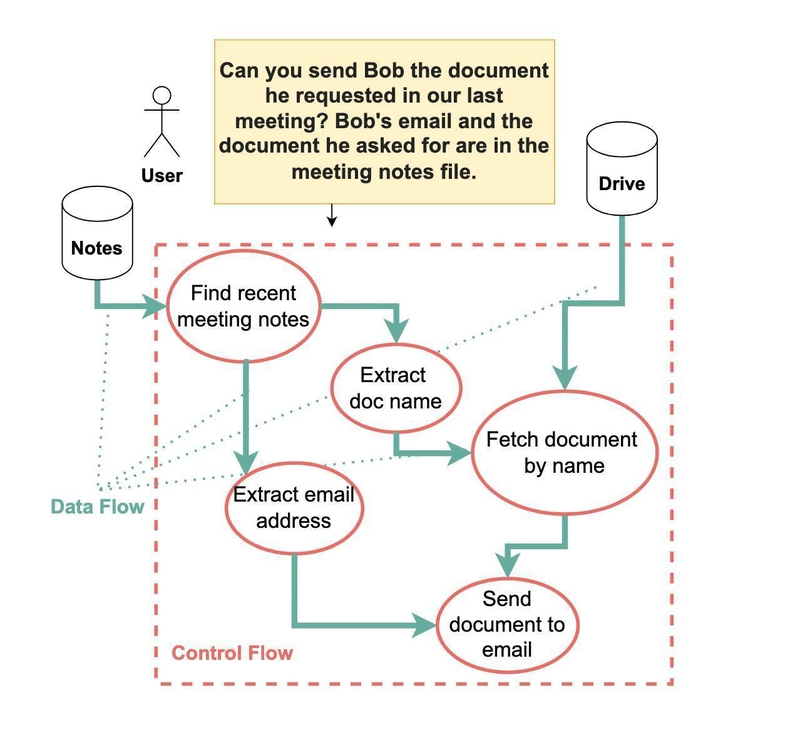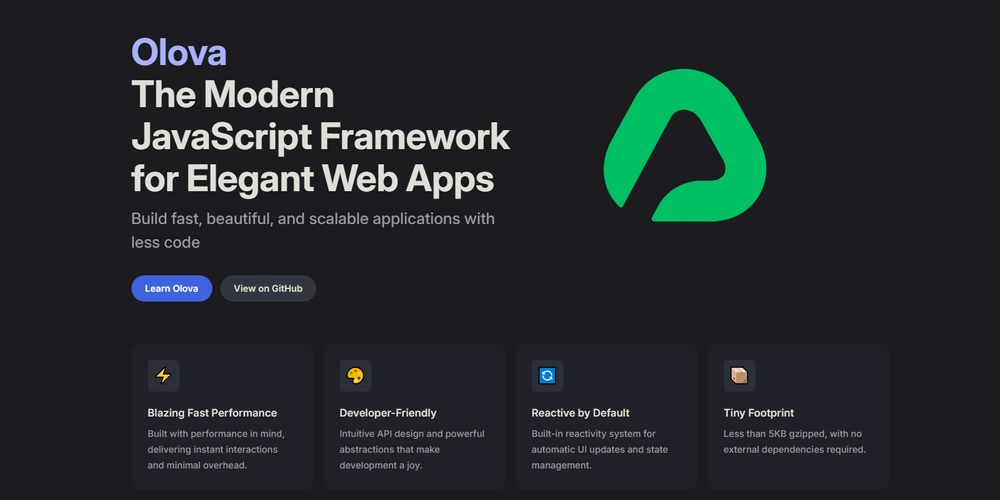How To Find the Right Tech Mentor in 2025
Many years ago, I came across a profile on Twitter, now X, doing amazing things in development, and I was intrigued and wanted to get close to this person. I sent a couple of messages just to catch his attention, and when I asked him to be my mentor, he ghosted me. I felt so bad, like it hurt, but many years later, I understood. Because you feel he inspires you, it does not mean he/she is the right person to guide your growth. Mentorship has long been the cornerstone of personal and professional growth, especially in tech. Yet, in 2025, finding the right mentor remains one of the most elusive achievements for young professionals. It’s not just about guidance, it’s about survival in a fast-moving industry where knowledge gaps can determine one’s relevance. In this article, we unpack why mentorship is so hard to come by, how seniors often ignore juniors, and what it takes to find the right mentor, someone who aligns with your goals, not just someone with status or wealth. We’ll also explore how mentorship culture differs across different zones and what each continent needs to build a stronger, more inclusive mentorship ecosystem in tech. Mentorship Is Hard The idea of mentorship sounds beautiful: an experienced figure guiding you through pitfalls, celebrating your wins, and shaping your path. But the reality in 2025 is stark: many aspiring developers, designers, cybersecurity analysts, and data scientists are going it alone. No guides, no road map, just vibes and grit. Hubs and tech communities around the world are booming. But even within these circles, juniors often find themselves overlooked. Many senior professionals are swamped, burnt out, or simply uninterested in giving back. Some have bought into the myth of “self-made success” and prefer to stay in their lane. The result? Talented young people hit walls, unsure of what path to take, unable to find direction, and left feeling excluded from opportunities. I wrote about how I made a lot of mistakes because I had no guidance, you can check it out - I Lost It All – My Tech Story Why Do Seniors Ignore Juniors? This isn’t always malicious. In many tech communities, mentorship is seen as a luxury. The pressure to “make it” in a competitive economy makes even successful seniors cautious. They fear being drained by overdependence or being approached with entitlement rather than eagerness to learn. But there’s also a mindset issue. Some seniors believe that if they figured things out on their own, others should too. Others are hesitant to mentor those outside their immediate network or tribe, perpetuating silos across gender, class, and regional lines. Mentorship Isn’t One-Size-Fits-All Around the world, the state of mentorship in tech is deeply fragmented. While some regions and industries have embraced structured mentorship as part of their talent development pipelines, in most cases, it remains inconsistent, informal, or simply inaccessible. In tech-dense cities like San Francisco, Berlin, Bangalore, and London, mentorship often emerges through meetups, bootcamps, and coworking communities. But even there, meaningful one-on-one guidance is rare unless facilitated through dedicated programs or personal networks. In emerging tech ecosystems, mentorship tends to be grassroots-driven. Online forums, Twitter spaces, Discord communities, and LinkedIn connections become the go-to sources for advice. But without structure, this often leads to shallow interactions rather than long-term mentor-mentee relationships. Cultural expectations also differ. In some countries, reaching out directly to a more senior professional is encouraged, even celebrated. In others, hierarchy, formality, or fear of rejection creates a barrier to connection. This results in many juniors hesitating to make the first move or seniors feeling unprepared to guide. Globally, the problem isn’t a lack of mentors, it’s a lack of connection, alignment, and systems to make mentorship accessible, inclusive, and goal-oriented for everyone, regardless of where they live or how they learn. What a Good Mentor Looks Like in 2025 Let’s debunk the idea that a mentor must be a “tech celeb” or someone with a million followers. The right mentor. Is accessible and willing to communicate Has walked a path similar to yours Shares (or respects) your values and goals Gives honest, constructive feedback Isn’t afraid to say “I don’t know” Is committed to your growth, not your dependency In 2025, the best mentor for you may not have a verified Twitter account or VC funding. They might be a mid-level engineer at a local firm who truly sees you. How to Find the Right Mentor (And Keep Them) Define What You Need First Do you need technical help? Career navigation? Emotional support? Don’t seek a mentor without knowing your why. Look Sideways, Not Just Upward Peer mentorship is powerful. Those just a step ahead of you often remember the stru
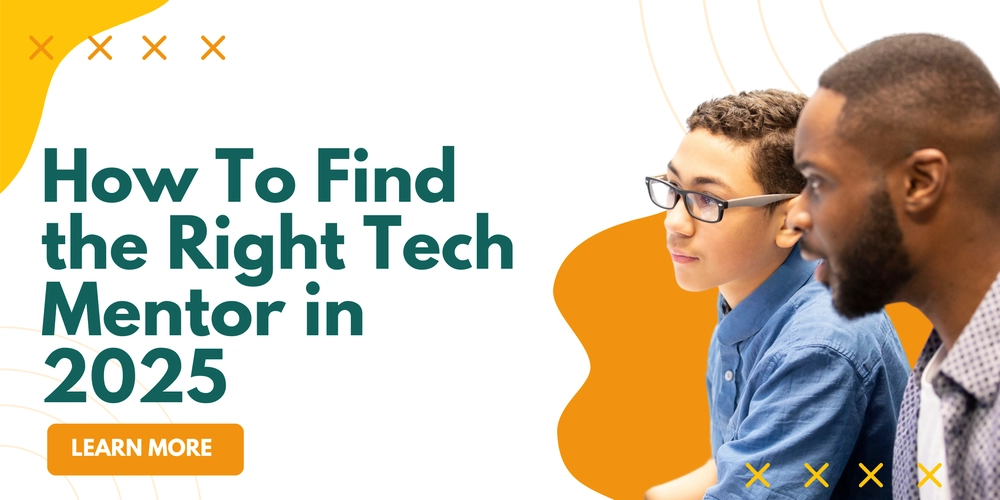
Many years ago, I came across a profile on Twitter, now X, doing amazing things in development, and I was intrigued and wanted to get close to this person. I sent a couple of messages just to catch his attention, and when I asked him to be my mentor, he ghosted me.
I felt so bad, like it hurt, but many years later, I understood.
Because you feel he inspires you, it does not mean he/she is the right person to guide your growth.
Mentorship has long been the cornerstone of personal and professional growth, especially in tech. Yet, in 2025, finding the right mentor remains one of the most elusive achievements for young professionals.
It’s not just about guidance, it’s about survival in a fast-moving industry where knowledge gaps can determine one’s relevance.
In this article, we unpack why mentorship is so hard to come by, how seniors often ignore juniors, and what it takes to find the right mentor, someone who aligns with your goals, not just someone with status or wealth.
We’ll also explore how mentorship culture differs across different zones and what each continent needs to build a stronger, more inclusive mentorship ecosystem in tech.
Mentorship Is Hard
The idea of mentorship sounds beautiful: an experienced figure guiding you through pitfalls, celebrating your wins, and shaping your path. But the reality in 2025 is stark: many aspiring developers, designers, cybersecurity analysts, and data scientists are going it alone.
No guides, no road map, just vibes and grit.
Hubs and tech communities around the world are booming. But even within these circles, juniors often find themselves overlooked. Many senior professionals are swamped, burnt out, or simply uninterested in giving back. Some have bought into the myth of “self-made success” and prefer to stay in their lane.
The result? Talented young people hit walls, unsure of what path to take, unable to find direction, and left feeling excluded from opportunities.
I wrote about how I made a lot of mistakes because I had no guidance, you can check it out - I Lost It All – My Tech Story
Why Do Seniors Ignore Juniors?
This isn’t always malicious. In many tech communities, mentorship is seen as a luxury. The pressure to “make it” in a competitive economy makes even successful seniors cautious. They fear being drained by overdependence or being approached with entitlement rather than eagerness to learn.
But there’s also a mindset issue. Some seniors believe that if they figured things out on their own, others should too. Others are hesitant to mentor those outside their immediate network or tribe, perpetuating silos across gender, class, and regional lines.
Mentorship Isn’t One-Size-Fits-All
Around the world, the state of mentorship in tech is deeply fragmented. While some regions and industries have embraced structured mentorship as part of their talent development pipelines, in most cases, it remains inconsistent, informal, or simply inaccessible.
In tech-dense cities like San Francisco, Berlin, Bangalore, and London, mentorship often emerges through meetups, bootcamps, and coworking communities. But even there, meaningful one-on-one guidance is rare unless facilitated through dedicated programs or personal networks.
In emerging tech ecosystems, mentorship tends to be grassroots-driven. Online forums, Twitter spaces, Discord communities, and LinkedIn connections become the go-to sources for advice. But without structure, this often leads to shallow interactions rather than long-term mentor-mentee relationships.
Cultural expectations also differ. In some countries, reaching out directly to a more senior professional is encouraged, even celebrated. In others, hierarchy, formality, or fear of rejection creates a barrier to connection. This results in many juniors hesitating to make the first move or seniors feeling unprepared to guide.
Globally, the problem isn’t a lack of mentors, it’s a lack of connection, alignment, and systems to make mentorship accessible, inclusive, and goal-oriented for everyone, regardless of where they live or how they learn.
What a Good Mentor Looks Like in 2025
Let’s debunk the idea that a mentor must be a “tech celeb” or someone with a million followers. The right mentor.
- Is accessible and willing to communicate
- Has walked a path similar to yours
- Shares (or respects) your values and goals
- Gives honest, constructive feedback
- Isn’t afraid to say “I don’t know”
- Is committed to your growth, not your dependency
In 2025, the best mentor for you may not have a verified Twitter account or VC funding. They might be a mid-level engineer at a local firm who truly sees you.
How to Find the Right Mentor (And Keep Them)
- Define What You Need First
Do you need technical help? Career navigation? Emotional support? Don’t seek a mentor without knowing your why.
- Look Sideways, Not Just Upward
Peer mentorship is powerful. Those just a step ahead of you often remember the struggles better and are more available to help.
- Be Active in Communities
Show up in Discord servers, Twitter chats, meetups, and online courses. Mentors spot consistency and curiosity.
- Ask Clearly and Respectfully
When you reach out, be specific. Don’t say, “Can you mentor me?” Say, “I admire your work in X. I’d love to ask you a few questions about how you navigated Y.”
- Offer Value Back
Mentorship is a two-way street. Share interesting reads, offer to assist with small tasks, or simply be grateful and responsive.
Building a Better Mentorship
To make mentorship work, we need systemic and cultural shifts. For too long, the mentorship experience has been left to chance, often limited to who you know, where you're located, or how visible you are online. Changing this narrative requires intentional, systemic shifts across the global tech community, and here I outline some ways that can be done.
- Organizations must create structured mentorship programs, especially targeting underserved regions.
- Tech events should normalize mentorship match-ups, like “speed mentoring” or post-event coffee chats.
- Seniors must be trained on how to mentor, not just expected to know how.
- We need more visibility for mid-level and regional mentors, not just the loudest influencers online.
- Communities must bridge language and class divides, making mentorship accessible beyond urban elite circles.
My Final Takeaway
In your journey, don’t chase mentors because they’ve “made it” financially. Choose mentors who fit you. Their current stage, their openness, their values, and their lived experience matter more than their net worth.
In tech, and especially across the world, mentorship is less about climbing up and more about reaching across. If we want to build sustainable growth, innovation, and inclusion, mentorship must be intentional, not accidental.
So in 2025, finding the right mentor is possible. But it starts with clarity, humility, and a shift in what we value.
Follow me on X to stay updated on what I’m up to in the world of Web3, Security, AI, and what it means to grow as a developer in 2025.
























![[Exclusive] Infinix GT DynaVue: a Prototype that could change everything!](https://www.gizchina.com/wp-content/uploads/images/2025/05/Screen-Shot-2025-05-10-at-16.07.40-PM-copy.png)




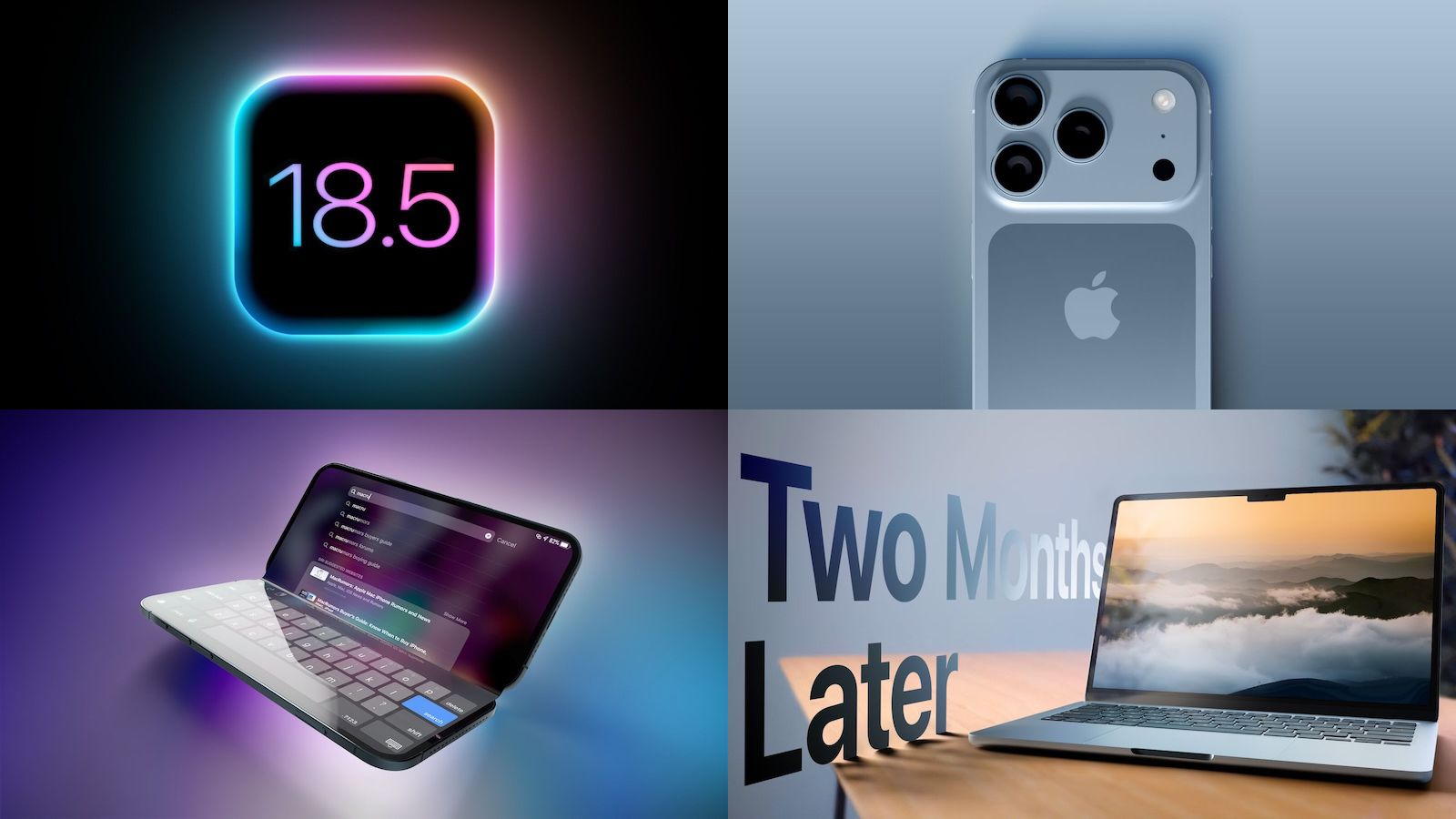
























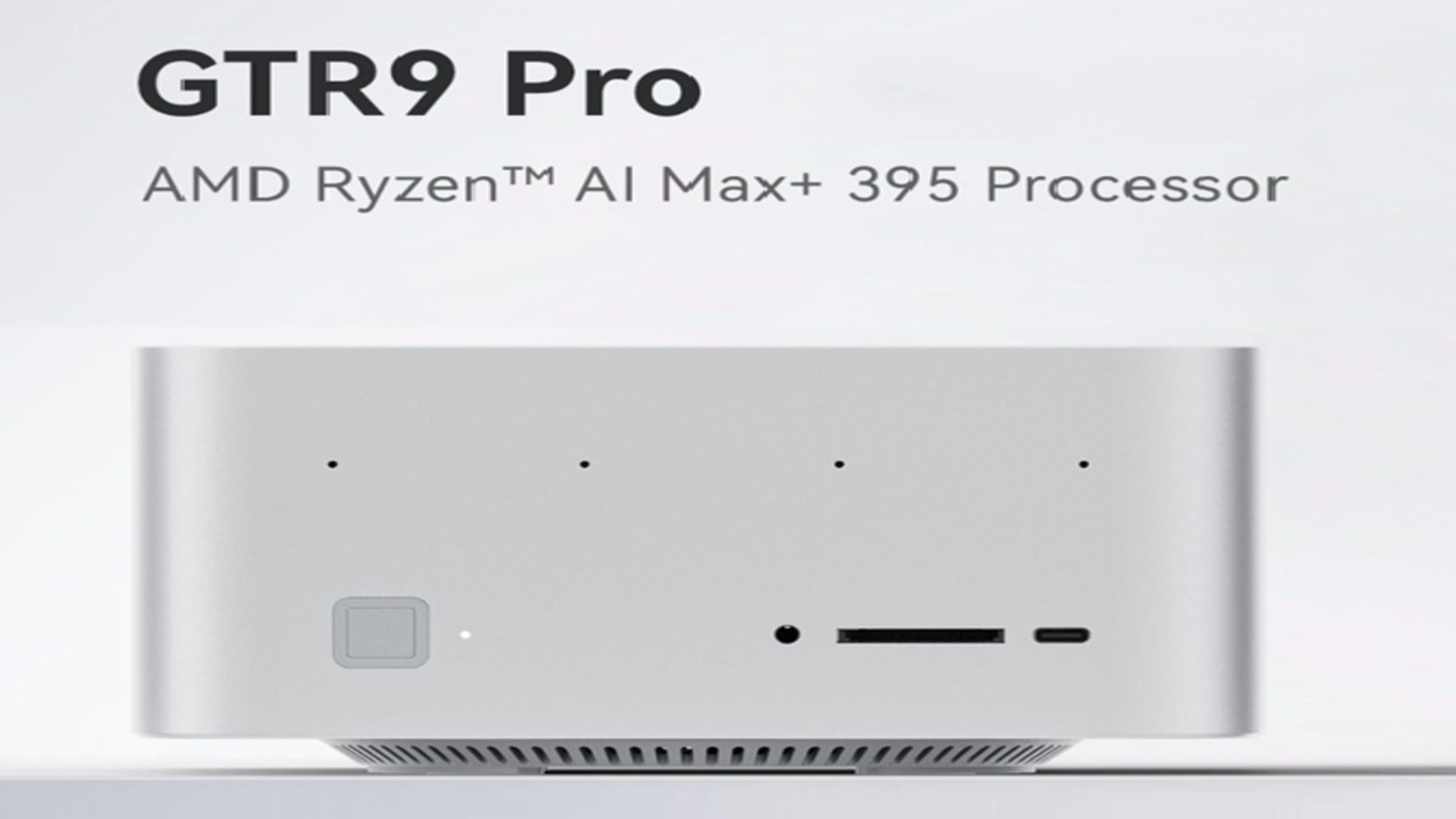

















![Beats Studio Buds + On Sale for $99.95 [Lowest Price Ever]](https://www.iclarified.com/images/news/96983/96983/96983-640.jpg)

![New iPad 11 (A16) On Sale for Just $277.78! [Lowest Price Ever]](https://www.iclarified.com/images/news/97273/97273/97273-640.jpg)





















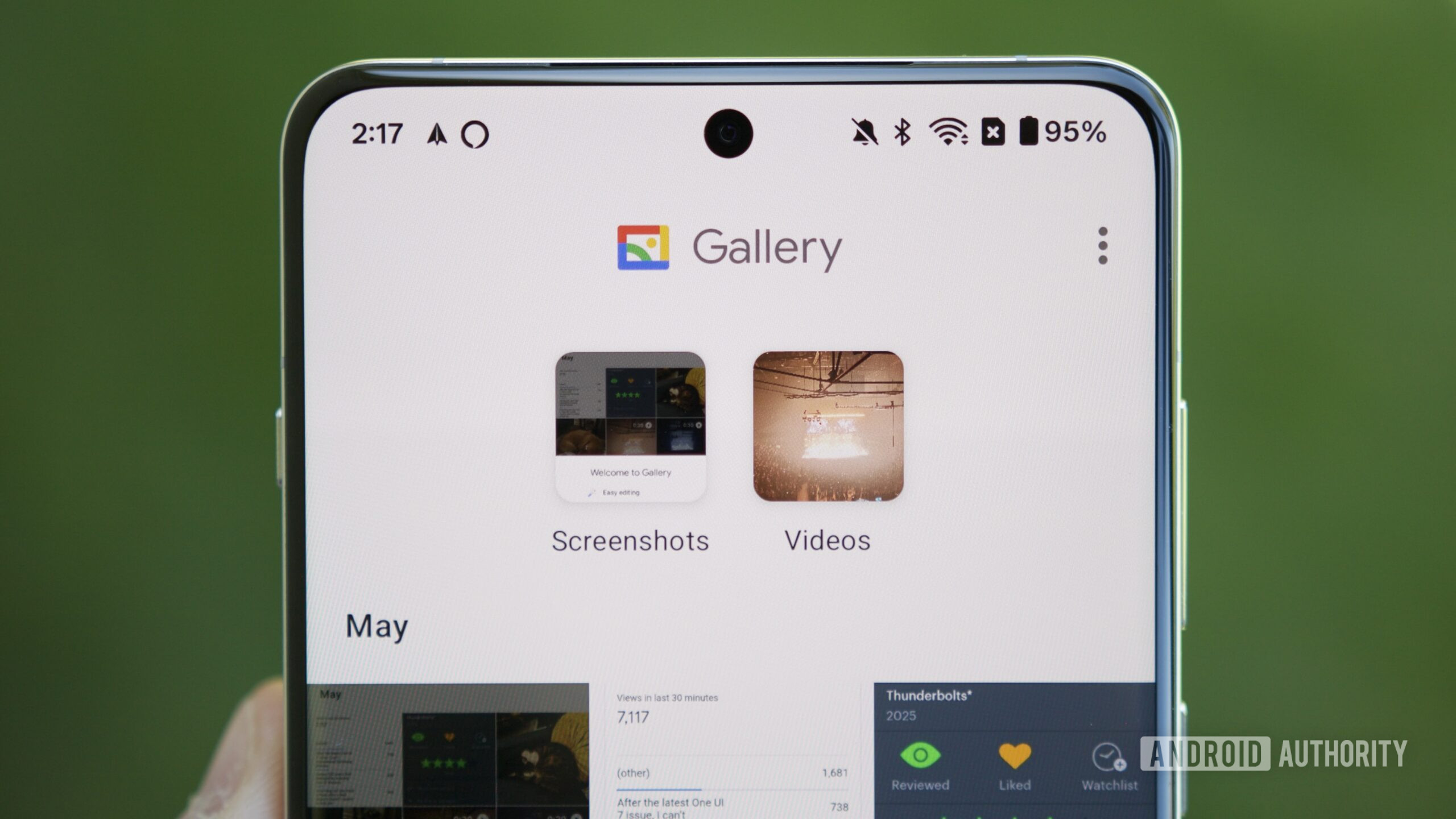


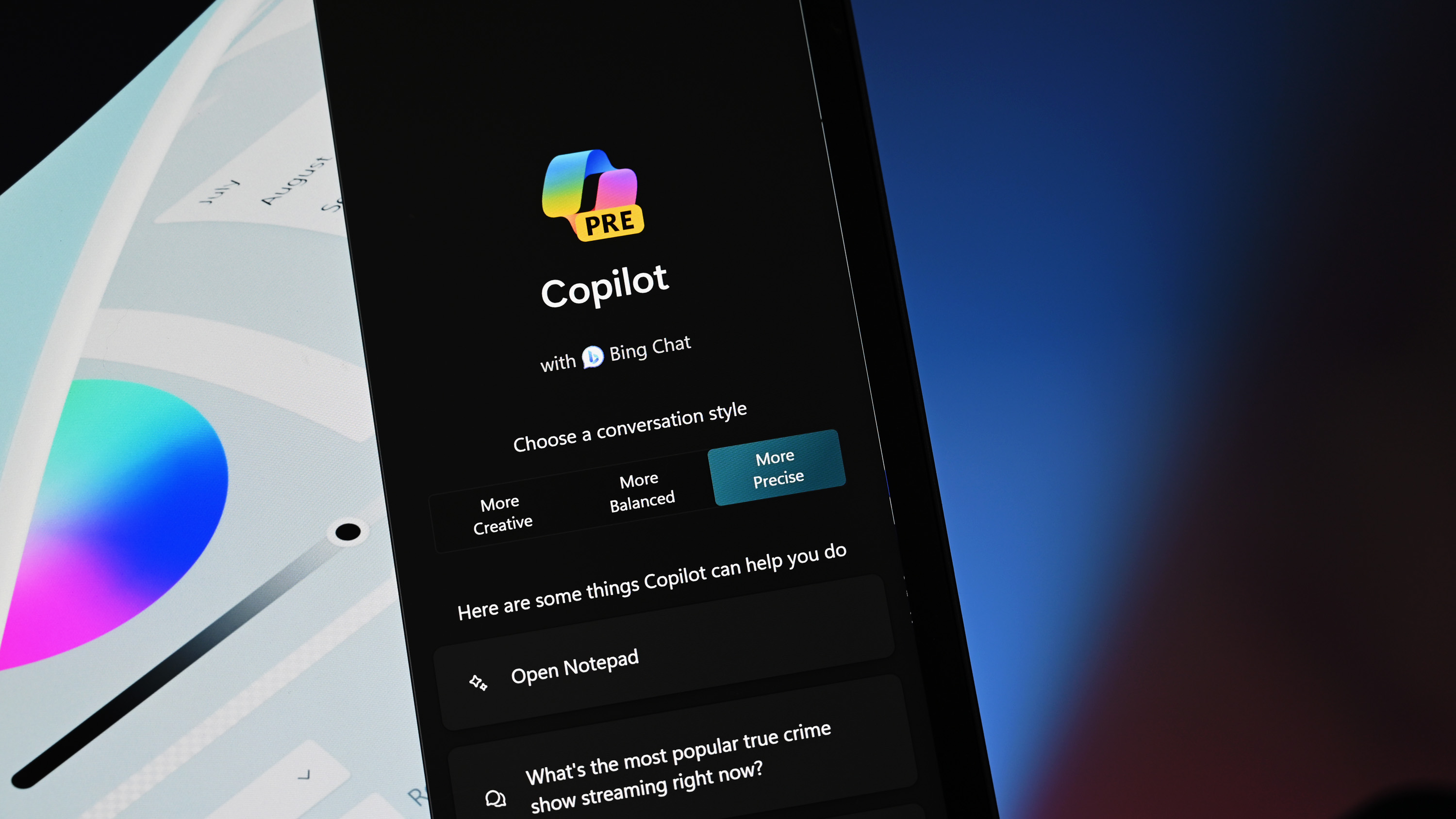


-xl.jpg)




























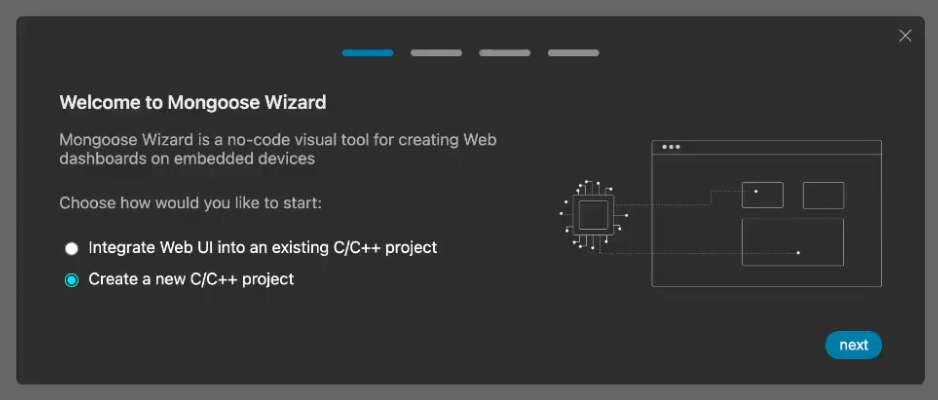




















































































































































































![[The AI Show Episode 146]: Rise of “AI-First” Companies, AI Job Disruption, GPT-4o Update Gets Rolled Back, How Big Consulting Firms Use AI, and Meta AI App](https://www.marketingaiinstitute.com/hubfs/ep%20146%20cover.png)
































































































































































![Ditching a Microsoft Job to Enter Startup Purgatory with Lonewolf Engineer Sam Crombie [Podcast #171]](https://cdn.hashnode.com/res/hashnode/image/upload/v1746753508177/0cd57f66-fdb0-4972-b285-1443a7db39fc.png?#)


![[FREE EBOOKS] Offensive Security Using Python, Learn Computer Forensics — 2nd edition & Four More Best Selling Titles](https://www.javacodegeeks.com/wp-content/uploads/2012/12/jcg-logo.jpg)



















































